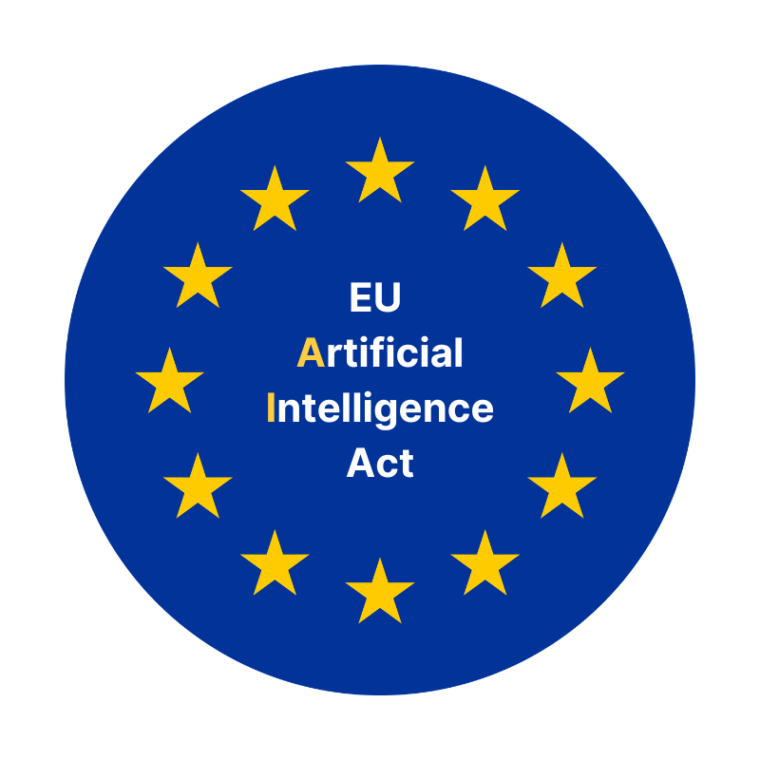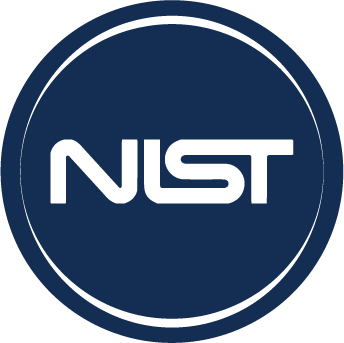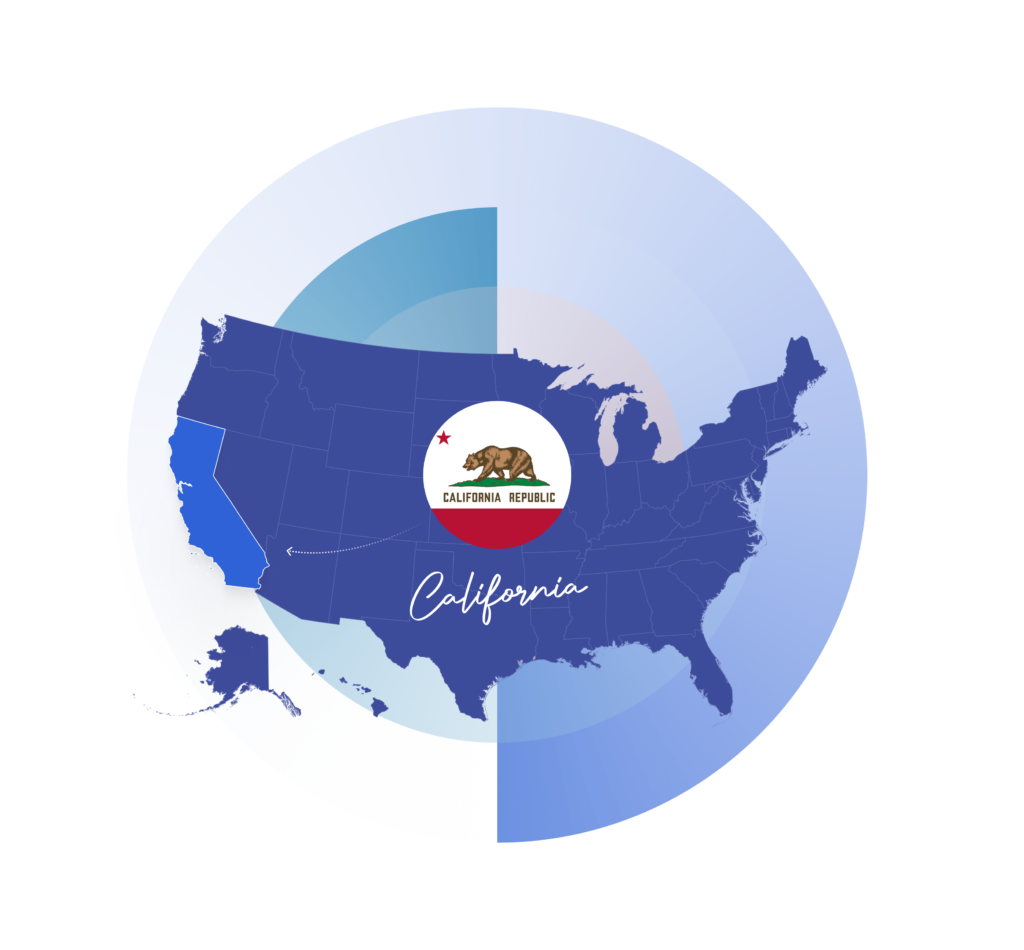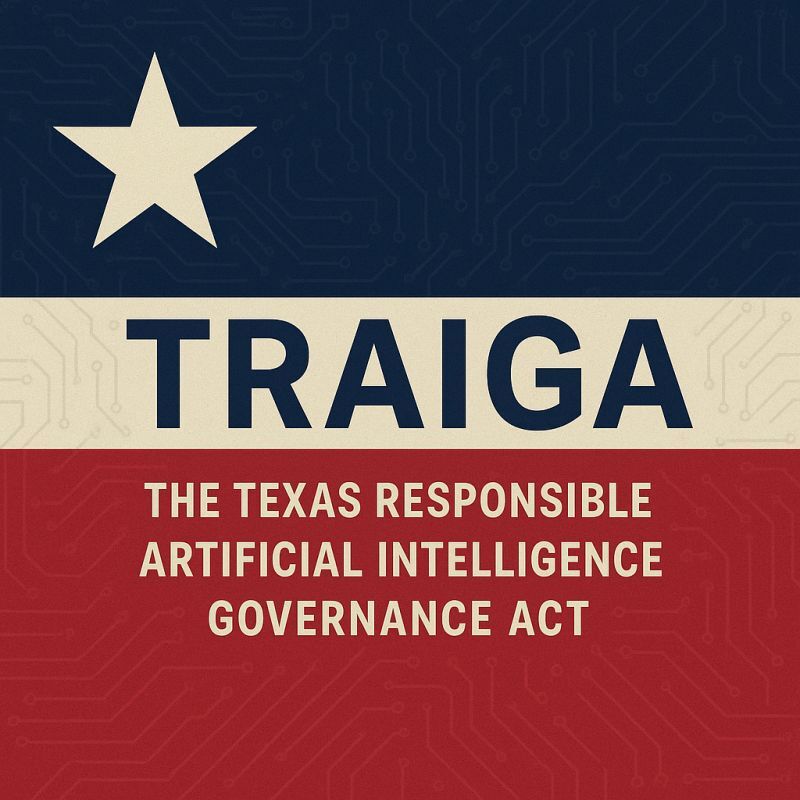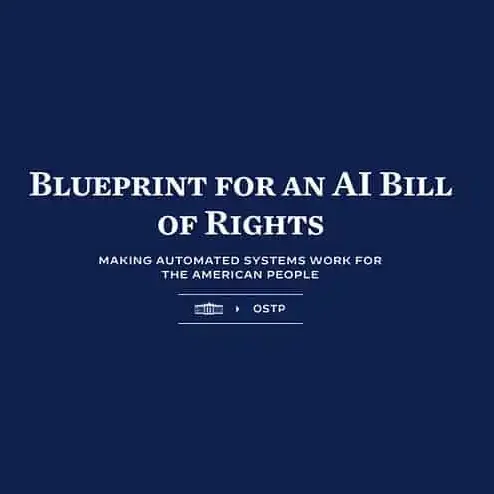
Brazil Artificial Intelligence Act: A Comprehensive Overview
Brazil, a leader in South America’s technological landscape, has taken significant steps toward establishing a robust framework for AI governance through the proposed Brazil Artificial Intelligence Act (Bill No. 2338/2023).
As artificial intelligence (AI) continues to reshape industries, economies, and societies worldwide, governments are grappling with the challenge of regulating this transformative technology. Brazil, a leader in South America’s technological landscape, has taken significant steps toward establishing a robust framework for AI governance through the proposed Brazil Artificial Intelligence Act (Bill No. 2338/2023). This legislation, which passed the Brazilian Senate in December 2024 and is now under review in the Chamber of Deputies, aims to balance innovation with the protection of fundamental rights, aligning with global trends while addressing Brazil’s unique socio-economic context. This blog provides an in-depth exploration of the Brazil Artificial Intelligence Act, its origins, key provisions, implications, and its place in the global AI regulatory landscape.
The Genesis of the Brazil AI Act
Brazil’s journey toward AI regulation began in earnest in 2019, with the introduction of several legislative proposals, including Bill No. 5051/2019 and Bill No. 21/2020. These early efforts aimed to establish principles for ethical AI development but faced criticism for lacking depth and public participation. In response, the Brazilian Senate established a Commission of Jurists in 2022, led by Ricardo Villas Bôas Cueva, to draft a more comprehensive AI regulatory framework. The commission’s 900-page report, delivered in December 2022, formed the foundation for Bill No. 2338/2023, introduced by Senate President Rodrigo Pacheco in May 2023.
The development process was marked by extensive deliberation, including 24 meetings, 14 public hearings, and input from legal experts, industry stakeholders, and civil society organizations. This participatory approach addressed earlier criticisms and aimed to create a rights-based, risk-oriented framework tailored to Brazil’s needs. The Senate’s approval of a modified version of the bill in December 2024 marked a significant milestone, positioning Brazil as a pioneer in Latin America’s AI governance landscape.
Key Provisions of the Brazil AI Act
The Brazil Artificial Intelligence Act adopts a risk-based approach, similar to the European Union’s AI Act, categorizing AI systems into three tiers: excessive risk, high risk, and other systems. Below is an overview of its core provisions:
1. Risk-Based Classification
- Excessive Risk Systems: These are AI systems deemed to pose unacceptable risks to human rights, safety, or democratic values. Examples include systems using subliminal techniques to manipulate behavior or exploiting vulnerabilities of specific groups. Such systems are prohibited under the Act.
- High-Risk Systems: These include AI applications in critical areas such as healthcare, education, recruitment, autonomous vehicles, and biometric identification. High-risk systems face stringent requirements, including mandatory algorithmic impact assessments, transparency measures, and human oversight.
- Other Systems: Low-risk or minimal-risk AI systems, such as those used for non-professional personal activities, are subject to basic governance and transparency obligations.
2. Fundamental Rights and Transparency
The Act prioritizes the protection of fundamental rights, including privacy, non-discrimination, and freedom of expression. Key measures include:
- Right to Explanation: Individuals must be informed when interacting with AI systems and provided with clear explanations of decisions or recommendations that significantly impact them.
- Non-Discrimination: AI systems must mitigate biases to prevent discriminatory outcomes, with regular public impact assessments required to ensure fairness.
- Privacy Alignment: The Act harmonizes with Brazil’s General Data Protection Law (LGPD), ensuring robust data protection in AI applications.
3. Governance and Accountability
The Act imposes obligations on AI agents – providers, operators, and distributors – across the AI lifecycle:
- Providers: Those developing or commissioning AI systems must ensure compliance with safety, transparency, and risk mitigation standards.
- Operators: Entities using AI systems are responsible for governance structures, including testing and privacy-by-design measures.
- Impact Assessments: High-risk systems require independent algorithmic impact assessments, updated throughout their lifecycle, to evaluate risks, benefits, and mitigation measures.
- Regulatory Sandboxes: The Act encourages innovation through controlled environments where AI systems can be tested under regulatory oversight.
4. Enforcement and Penalties
A designated competent authority will oversee enforcement, with powers to impose significant penalties for non-compliance:
- Fines of up to R$50 million (approximately €9 million) per violation or 2% of a company’s annual revenue in Brazil.
- Suspension or prohibition of non-compliant AI systems.
- The Act also establishes the Artificial Intelligence Regulatory Cooperation Council (CRIA) to develop guidelines, particularly for worker protections and public sector AI use.
5. Worker Protections
While earlier drafts included provisions for mitigating mass layoffs and ensuring worker participation in impact assessments, these were removed from the final Senate version due to industry pressure. However, the Act still mandates cooperation between authorities to:
- Mitigate negative impacts on workers, such as job displacement.
- Promote continuous training and skill-building programs.
- Enhance workplace safety and health through AI.
6. Public Sector AI Use
Unlike the EU AI Act, Brazil’s legislation includes specific obligations for AI use in the public sector, addressing concerns about transparency and accountability in government applications. For example, the use of biometric identification systems in public spaces is prohibited unless explicitly authorized by law or court order.
Global Context and Influences
The Brazil Artificial Intelligence Act draws inspiration from global regulatory frameworks, particularly the EU AI Act, which came into effect in August 2024. Both share a risk-based approach and emphasize transparency, accountability, and human rights. However, Brazil’s Act is broader in scope, applying obligations to a wider range of actors in the AI supply chain, including distributors and public sector entities.
The Act also aligns with the OECD Recommendation on Artificial Intelligence, incorporating principles such as human-centric AI, transparency, and user security. Brazil’s participation in global discussions on AI governance, including its leadership in the Global South, underscores its ambition to shape international norms while addressing local challenges like digital inclusion and socio-economic inequality.
Implications for Businesses and Society
For Businesses
The Brazil AI Act presents both opportunities and challenges for companies operating in Brazil:
- Compliance Costs: Businesses, especially those developing or using high-risk AI systems, will face increased compliance costs due to mandatory assessments, governance structures, and reporting requirements.
- Innovation Opportunities: Regulatory sandboxes and incentives for ethical AI development, as outlined in the Brazilian Artificial Intelligence Plan (PBIA) 2024-2028, encourage innovation, particularly for startups and MSMEs.
- Global Competitiveness: By aligning with international standards, Brazilian companies can enhance their competitiveness in global markets, but they must navigate a complex regulatory landscape to achieve compliance across jurisdictions.
For Society
The Act’s focus on fundamental rights and transparency aims to build public trust in AI technologies:
- Protection Against Harm: Prohibitions on excessive-risk systems and measures to mitigate biases address concerns about algorithmic discrimination, as seen in past cases of unjust arrests due to faulty facial recognition systems in Brazil.
- Digital Inclusion: By promoting training and capacity-building, the Act supports Brazil’s efforts to bridge the digital skills gap, a critical challenge given the country’s limited investment in AI startups compared to global leaders like the US.
- Democratic Values: The emphasis on public participation and accountability in AI governance strengthens Brazil’s democratic framework, ensuring that AI serves the public interest.
Challenges and Criticisms
Despite its ambitions, the Brazil Artificial Intelligence Act has faced scrutiny:
Industry Influence
The removal of worker protection provisions and other modifications in the Senate-approved version reflect significant lobbying by tech companies, raising concerns about the Act’s ability to prioritize public interest over corporate agendas.
Enforcement Capacity
The success of the Act depends on the designated authority’s ability to enforce regulations effectively. Brazil’s history of bureaucratic challenges and underfunded regulatory bodies could hinder implementation.
Scope and Clarity
Critics argue that the Act’s broad application to all AI agents may create compliance burdens for smaller organizations, while some provisions lack the specificity needed for practical implementation.
Global Alignment vs. Local Needs
While the Act draws on international models, Brazil’s unique challenges – such as regional diversity and economic inequality – require tailored solutions that may not be fully addressed in the current framework.
The Road Ahead
As the Brazil Artificial Intelligence Act moves to the Chamber of Deputies, it faces further debate and potential amendments. The outcome will depend on the new congressionalSpa congressional leadership, particularly the Speaker of the House and Senate President, who will shape the legislative agenda in 2025. The Act’s passage is also influenced by Brazil’s political landscape, with President Luiz Inácio Lula da Silva’s administration aiming to advance digital policy before the 2026 elections.
The global tech landscape adds another layer of complexity. With the incoming Trump administration in the US potentially influencing Brazil’s digital policy through bilateral relations, the Act’s alignment with US tech interests could come under scrutiny.
Once passed, the Act will position Brazil as a leader in Latin America’s AI regulation, potentially inspiring other countries in the region, such as Argentina and Chile, which are exploring similar frameworks. The establishment of national data centers and investments in AI infrastructure, as outlined in the PBIA 2024-2028, will further support the Act’s implementation.
Conclusion
The Brazil Artificial Intelligence Act represents a bold step toward responsible AI governance, balancing innovation with the protection of fundamental rights. By adopting a risk-based approach, prioritizing transparency, and aligning with global standards, Brazil is poised to become a model for AI regulation in the Global South. However, challenges such as enforcement capacity, industry influence, and the need for local customization remain. As the Act progresses through the legislative process, its success will hinge on robust public participation, effective enforcement, and a commitment to addressing Brazil’s unique socio-economic realities. The world will be watching as Brazil navigates this complex terrain, setting a precedent for ethical AI development in an increasingly digital age.
